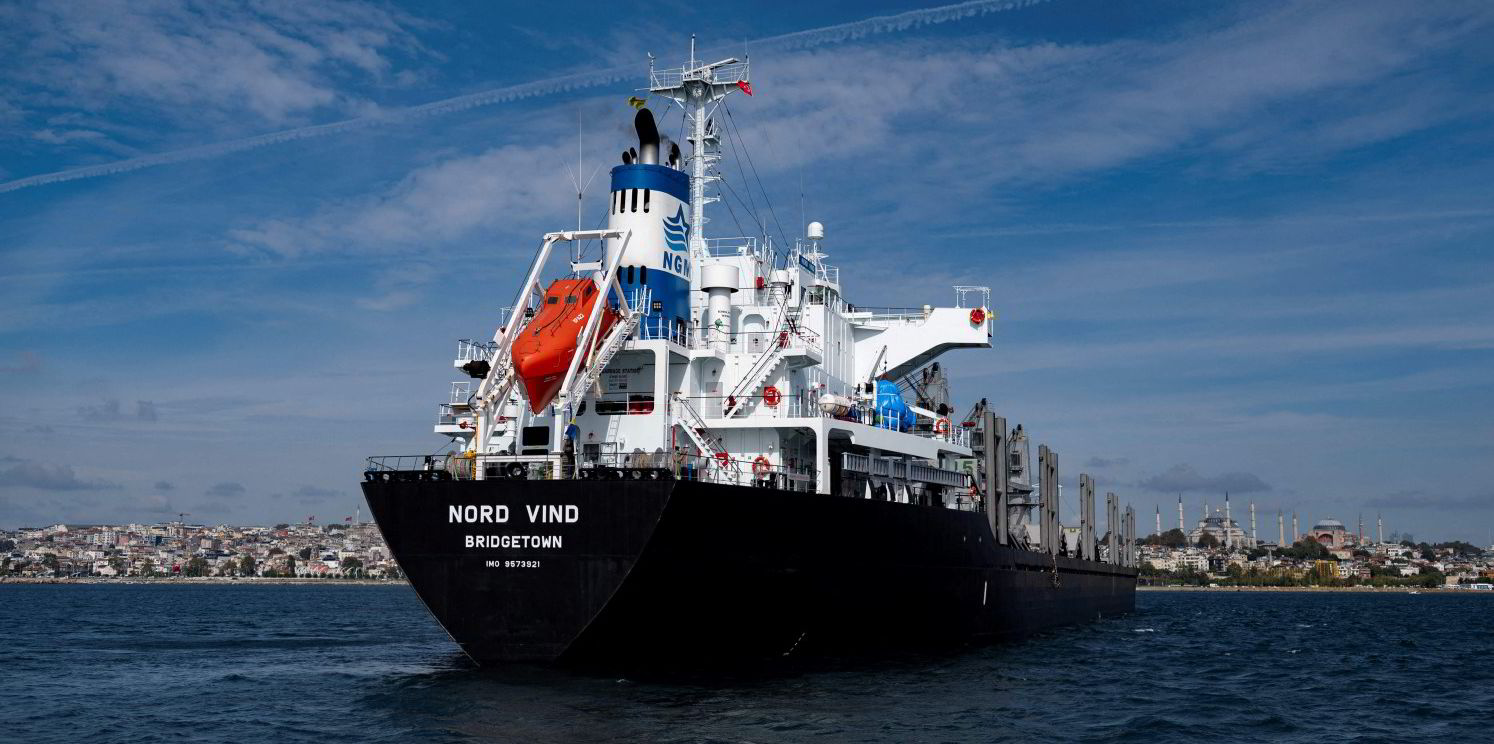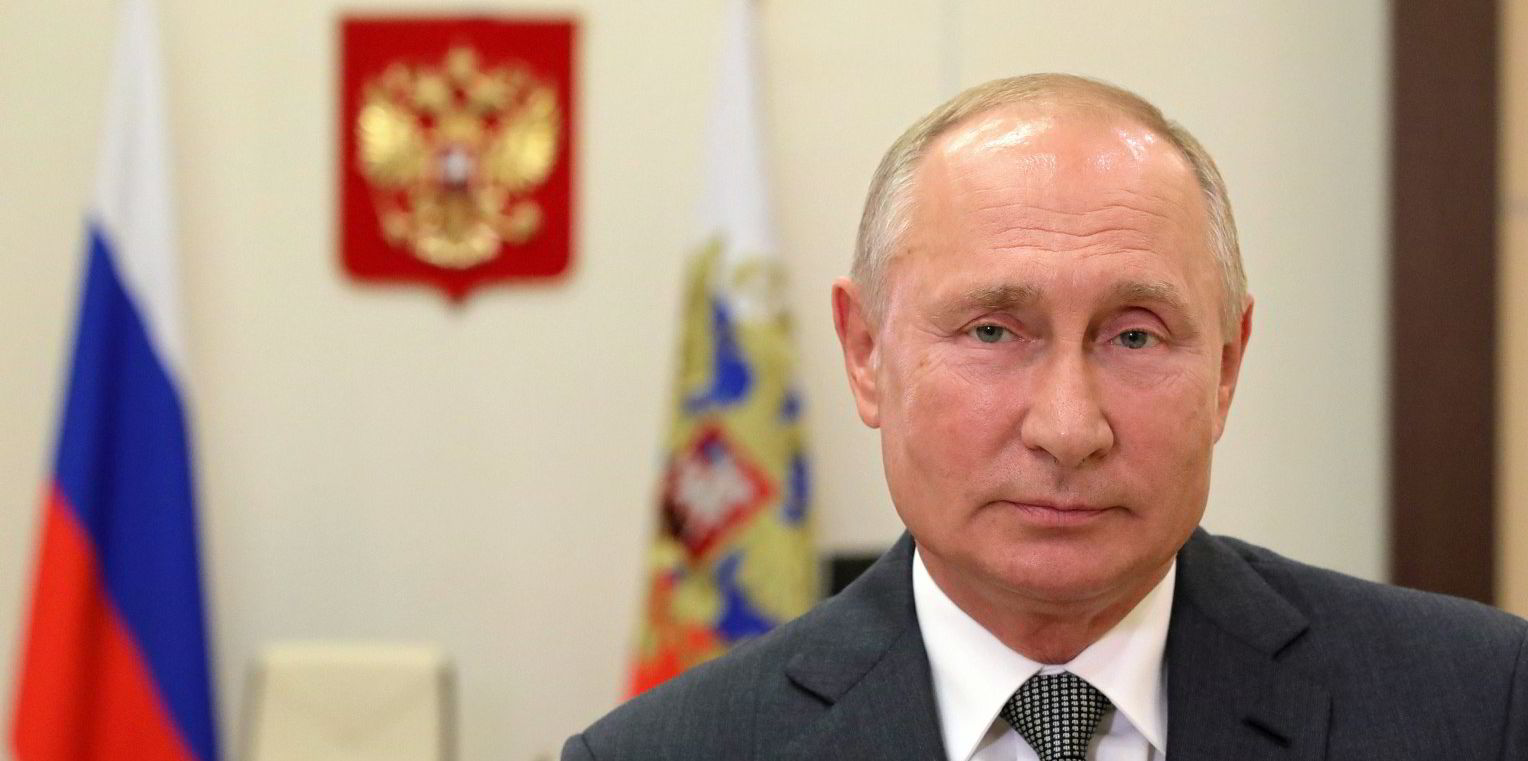The United Nations-led Joint Coordination Center overseeing the export of Ukrainian grain products has reported a backlog of 60 bulk carriers waiting to load cargo as Ukrainian authorities continue to blame Russia for holding up inspections.
An additional eight bulkers loaded with wheat, barley, corn, and sunflower meal vessels are waiting for inspection in Turkish territorial waters. Another four were reported on Monday as being ready to depart Ukraine.
Istanbul is the hub for mandatory inspections under the UN safe passage scheme. Under the terms of the scheme, inbound and outbound ships must be vetted by UN, Turkish, Russian and Ukrainian officials, who check documentation and make sure there are no weapons or unauthorised cargo and personnel on board.
Delays have been commonplace since the Ukrainian grain corridor was first launched in July, with the Joint Coordination Centre attributing this in part to the success of the scheme. It stepped up the number of inspections in response.
The amount of grain and other foodstuffs exported under the Black Sea Grain Initiative so far exceeds 10.7m metric tons, according to a CNBC report on Monday.
Ukrainian Foreign Minister Dmytro Kuleba, addressing the recent Association of Southeast Asian Nations (ASEAN) Summit in Cambodia, accused Russia of playing “hunger games” with the world over the Ukraine Black Sea grain deal.
Kuleba said measures should be taken to ensure its inspectors were not intentionally delaying shipments and forcing global prices to rise.
“It’s not enough just to keep Russia on board. It’s also important to make sure that Russian inspectors who participate in this initiative, that they act in good faith and that they inspect ships without any artificial delays,” he said at a press conference held in Phnom Penh.
Russia suspended its participation in the scheme on 29 October after alleged drone attacks on several Russian warships in the Crimean port of Sevastopol. It returned to the scheme four days later, claiming that it had obtained the guarantees it had been demanding from Ukraine that the corridor would not be used for military purposes.
The four-month deal is subject to renewal on 22 November. Russia has warned that it might call it off if the West does not drop some of the sanctions that would facilitate the export of Russian fertiliser and agricultural commodities.
The majority of the bulk carriers engaged in the Ukraine trade under the safe passage scheme are older vessels.





